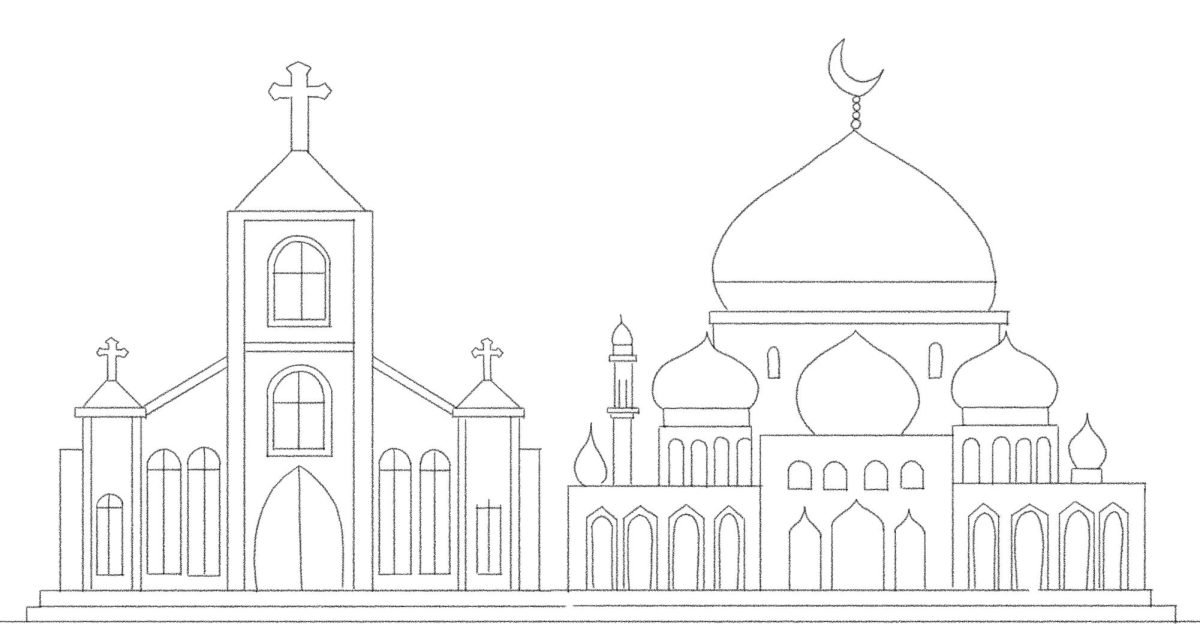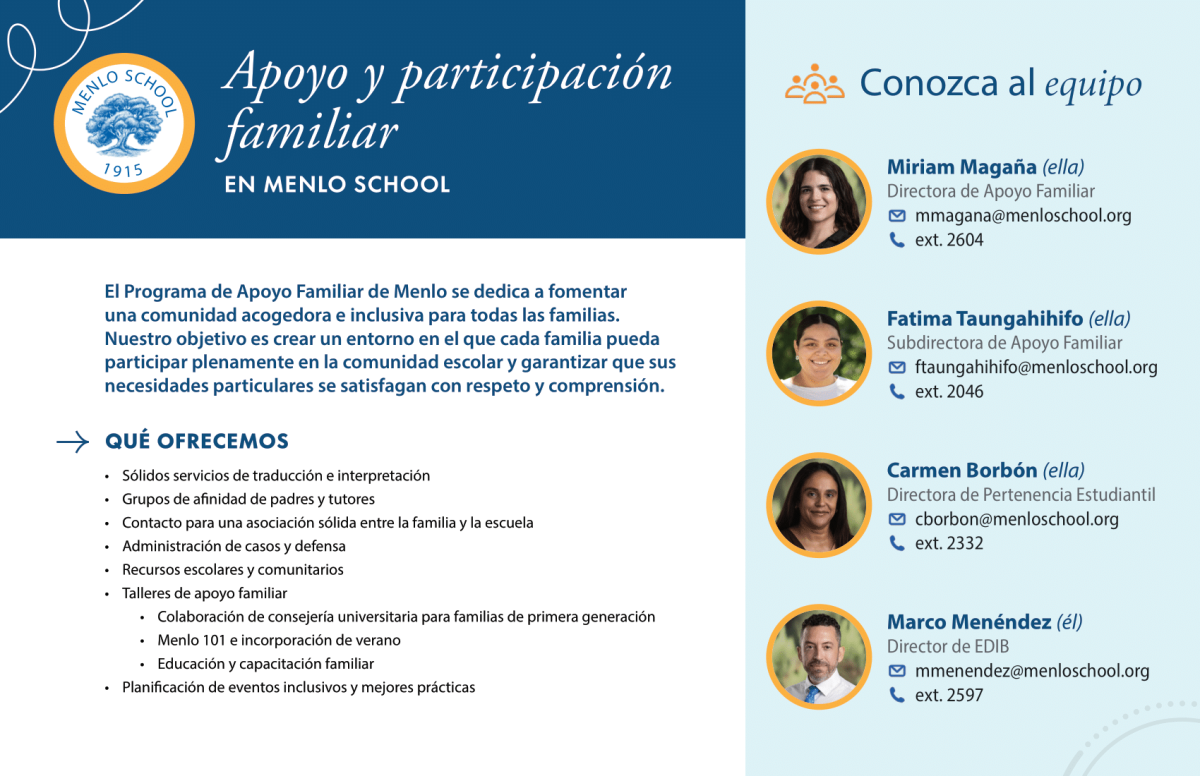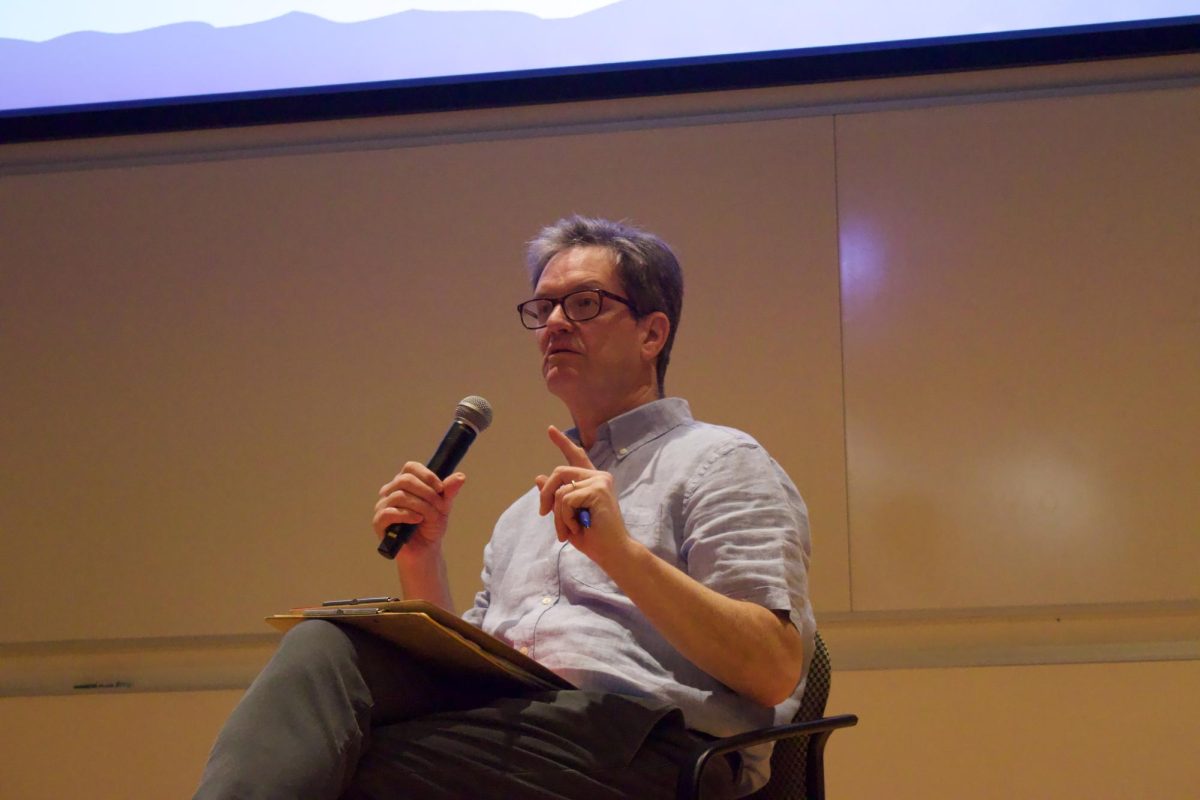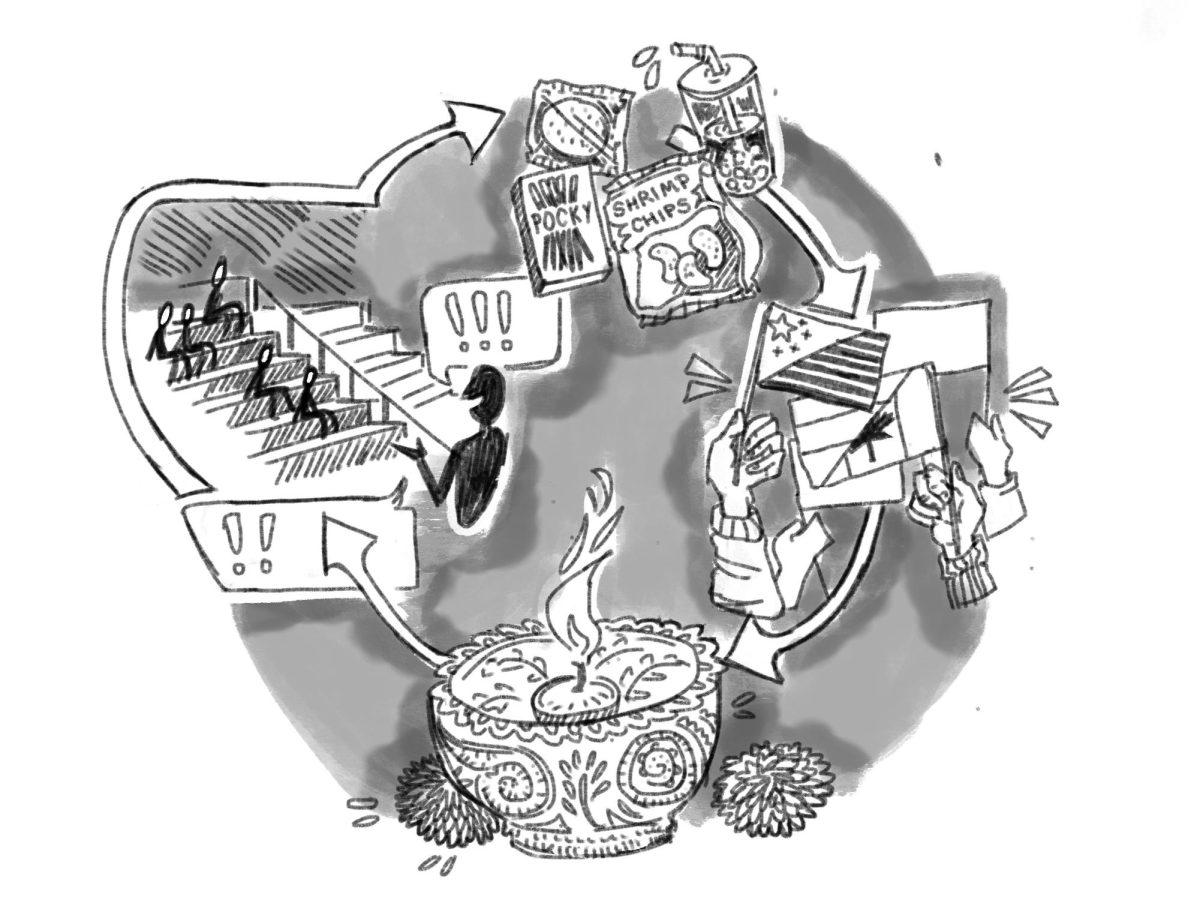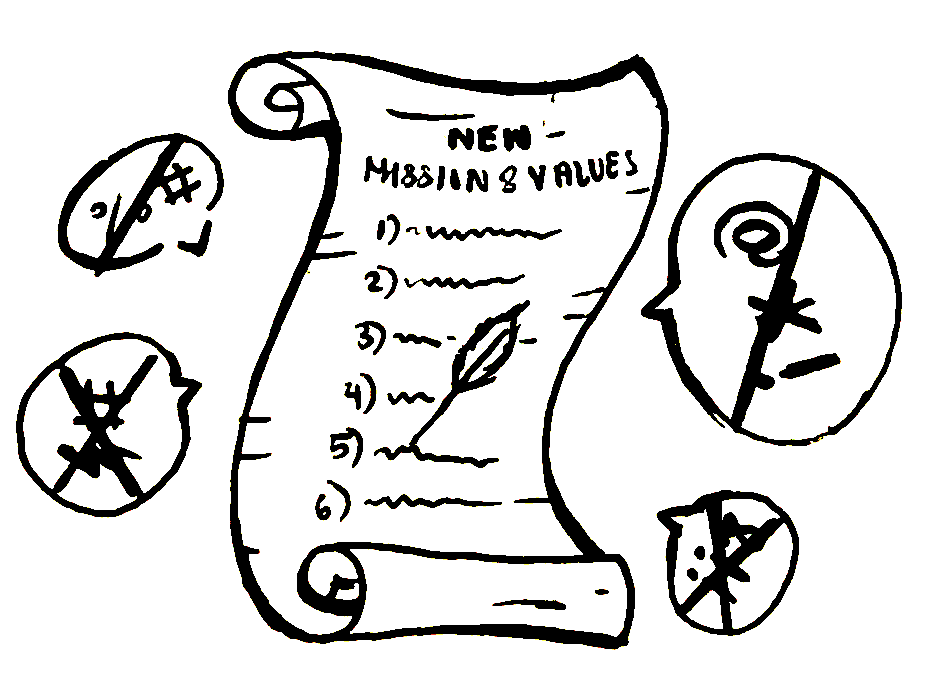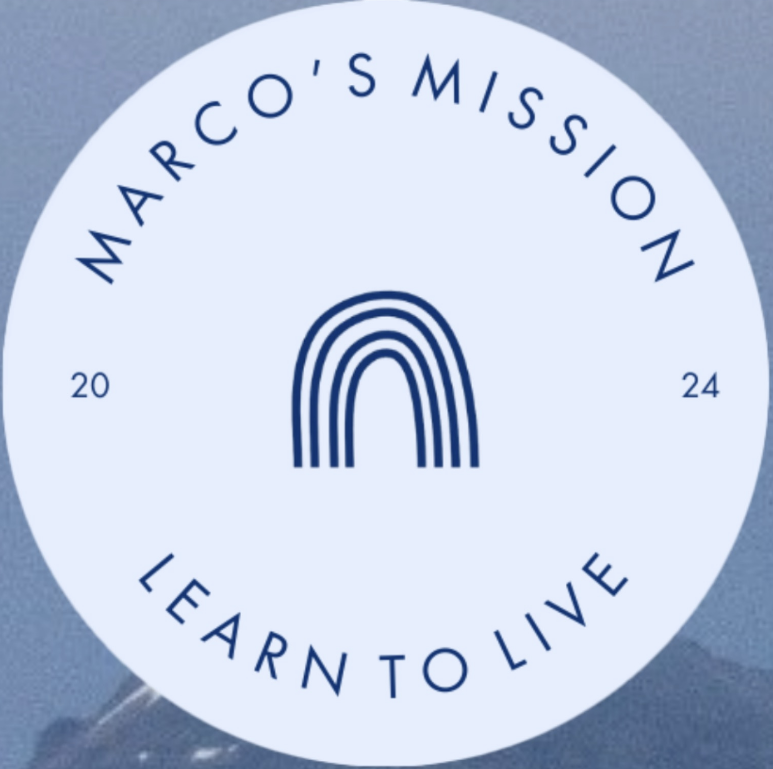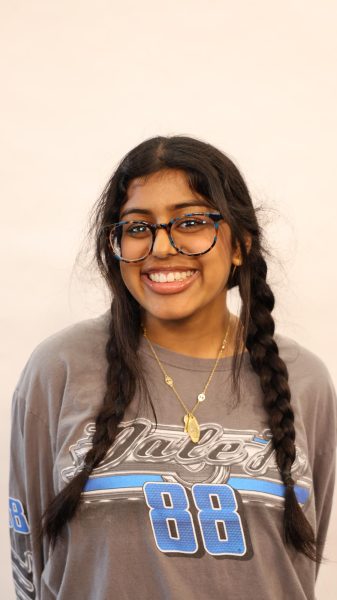With spring just around the corner, preparations and practices for the religious holidays of Lent, Ramadan and Passover are in full swing. Many Menlo students partake in religious observances for these holidays and are preparing themselves for the accompanying changes.
The first of these holidays on the calendar is Lent, a Christian religious season that honors Jesus Christ’s time spent wandering in the desert. This year, Lent started on Feb. 14 and will last until March 28. Some observers choose to omit certain food groups from their diets to commemorate Jesus’s fast.
However, some people, like sophomore Annie Virsik, find such broad restrictions to be difficult, and choose to give up smaller things instead. “Last year, I tried to give up salt,” Virsik said. “And another year I did chocolate and desserts.”
Ramadan, the ninth month in the Islamic calendar, is a time for reflective fasting and prayer preceding the celebration of Muhammad’s reception of the Quran — the Islamic holy book. This year, Ramadan began on March 11 and ends on April 9.
Traditionally, Muslims fast from sunrise to sunset, which can last from 12-18 hours. Fasting during Ramadan impacts the daily lives of observers at Menlo, including history teacher and Freshman Dean Sabahat Adil.
“The fast can definitely be exhausting, especially in the afternoon,” Adil said. “For me, teaching and everything else I’m doing is a little bit tiring, but I think because we’ve been doing it since we were younger, you get used to it.”
While both Adil and senior Salma Siddiqui say that they have grown used to fasting during Ramadan, it is still no easy feat.
“In Muslim countries people tend to function as normal, and because everyone is fasting, the day kind of shifts a little bit,” Siddiqui said. “In America that’s not really a thing, and you have to perform at the same level [with] the lack of sleep.”
However, Siddiqui cherishes the meals she shares with her family, which are called iftars.
“Ramadan is a special time where we break out all of the traditional recipes and really make an effort to eat as a family,” Siddiqui said. “There’s a lot of parties and iftars that are just a chance for everyone to get together and celebrate Ramadan.”
Passover, coming up in late April, is a major Jewish holiday celebrating the Israelites’ escape from Egyptian slavery. This year, Passover begins on April 22 and ends on April 30. Passover traditions include reciting prayers as a family and eating foods symbolizing the Israelites’ liberation.
Freshman Jonah Block especially enjoys the meal he eats with his family during Passover, known as the seder.
“We have these programs that tell the story of Passover, and we read little bits of it and do different activities to honor the story of Passover,” Block said. “In the different parts of the story you interact with the different foods on the table: there’s horseradish, saltwater and bitter herbs, [and] there’s usually an orange and an egg too.”
The kitchen staff also does their best to accommodate and celebrate religious holidays celebrated in the Menlo community. Every day, the kitchen offers vegan and vegetarian options for those who can’t eat the main entree or have food restrictions. Last year, there was a special Ramadan menu, and Director of Dining Services Thien Hoang is especially open to trying out new dishes for the lunch menu.
“[I love it when] someone that wants to see [a holiday] celebrated, come talk to Chef and I so we can put some work in and plan a menu,” Hoang said.


